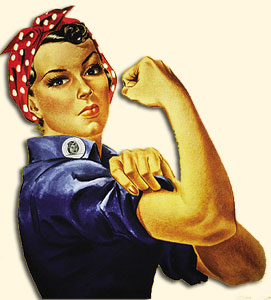My topic was cooperation, which according to the book is working or acting together for a common purpose or benefit. However, I think that although cooperation may be defined as this, this definition is missing something. For something to be considered cooperation, willingness has to be exhibited by both parties; both sides have to
want to be working together. Cooperation should be defined as
two or more individuals working together for a common purpose, where all involved are willing and ready to help. Synonyms include teamwork, collaboration, assistance, or compromise.
In a truly ideal world, people and all other things would work together through cooperation without question. This is because working with others has multiple benefits. When individuals cooperate, they have a greater benefit for all when working with one another, rather than apart. They will each have less work for each person. The time frame is shorter, and the two separate entities may have different special qualities that are both necessary for their similar goal. And in all of these scenarios, every part has to be
willing to cooperate together.
However, these benefits are sometimes overlooked in the human society. Sometimes people think that they are better than others, they have prejudices against certain others, or they just don't get along with some of the people in their group. Although this may seem like a childish thing to say, it really is true. Adults, children, and people in all other stages of life struggle to work together with others.
Sometimes, they don't even know why. People sometimes disagree just because they are working for the same goal and want to be better than the other. But usually, that is something that can be overcome; no, it
should be overcome. By understanding that it would be more beneficial to work together than to be alone, a lot of misunderstandings have been overcome, and will be overcome. To overcome differences, all leaders need to be able to compromise and cooperate among their fellow workers, as does everyone else around them. These skills help business, life, and anything else to function properly.
Cooperation isn't only seen in human lifestyle and society. It is
seen everywhere; in all parts and areas of the universe. It is found inside human body systems (cells), in other organism's lives, and even in the smallest unit of matter, the atom. All pieces of these hold an important part that is fundamental to being successful. That's really the entire point of cooperation. When we work together, we are greater than when we work alone.
~Jillian


